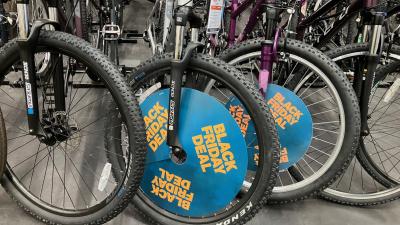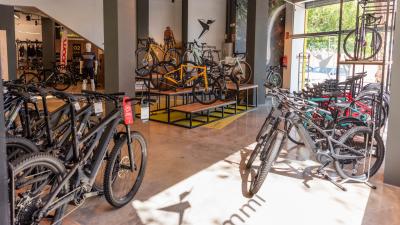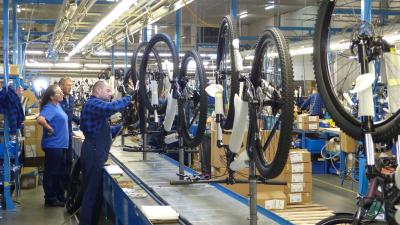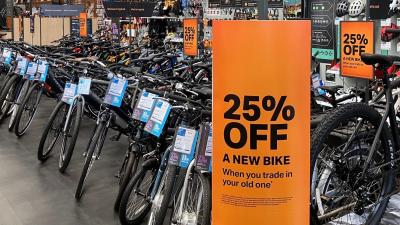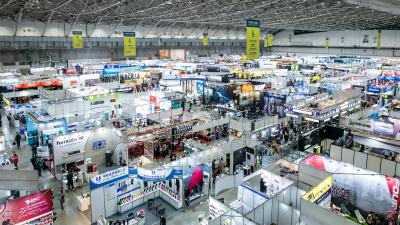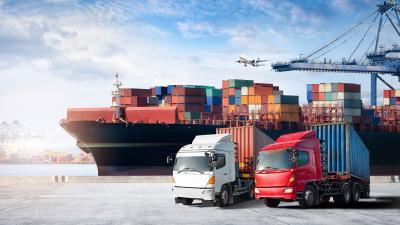All pages

1
Navigating market, trade and innovation in 2025
Cover and contents

2
Confronting bicycle market headwinds in 2025
Once heralded as a long-term growth story thanks to the e-bike boom, the bicycle industry now finds itself grappling with uncertainty.

3
Taipei Cycle march 2026
Secure your booth now!

4
‘Preserving bicycle classification for e-bikes is essential’
Bosch eBike Systems CEO Claus Fleischer discusses the company's stance on maintaining the legal bicycle classification for e-bike systems.
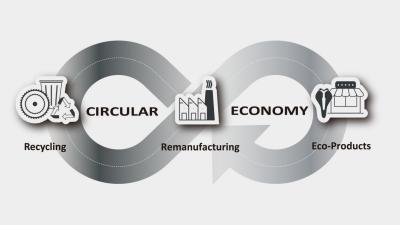
5
Circular economy SRAM and Velo
Circular economy in cycling components and accessories

6
Schwalbe eyes growth in US and Asian markets
For the tyre manufacturer, the next few years will be shaped by the company’s zeroed-in efforts to reach further into expanding markets.
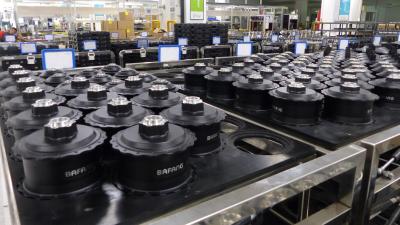
7
Demand-driven innovation pushes growth at Bafang
“Whether in good times or bad, demand-driven innovation is urgently needed,” says Bafang CEO Qinghua Wang.

8
‘Our experience will guide us through tariff uncertainty’
Velo CEO Ann Chen offers insights into the saddle manufacturer’s market perspective and the company's future direction at a time of trade uncertainty.

9
Schwalbe clik valve
Love at first clik
All editions
Search
Search, through all Editions
